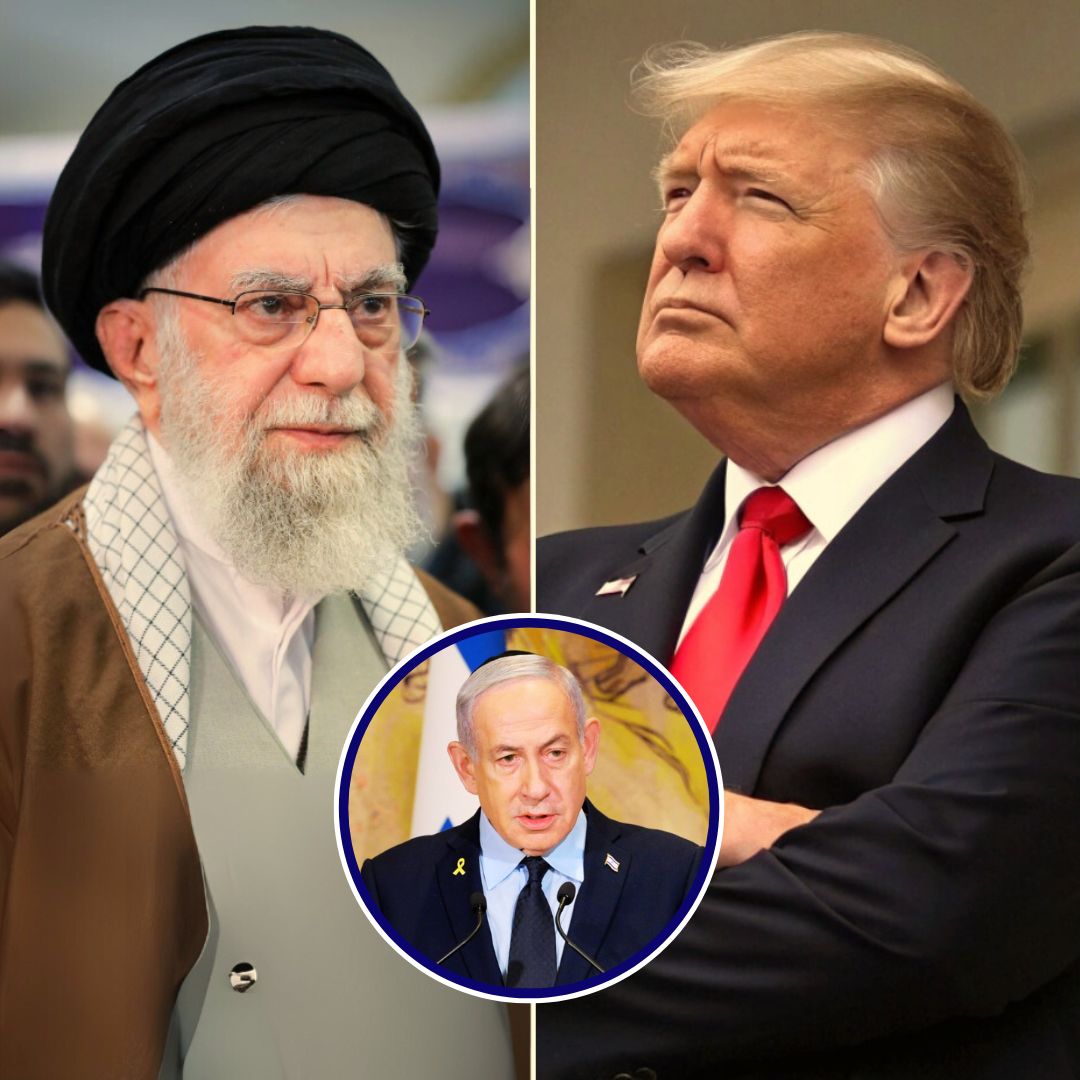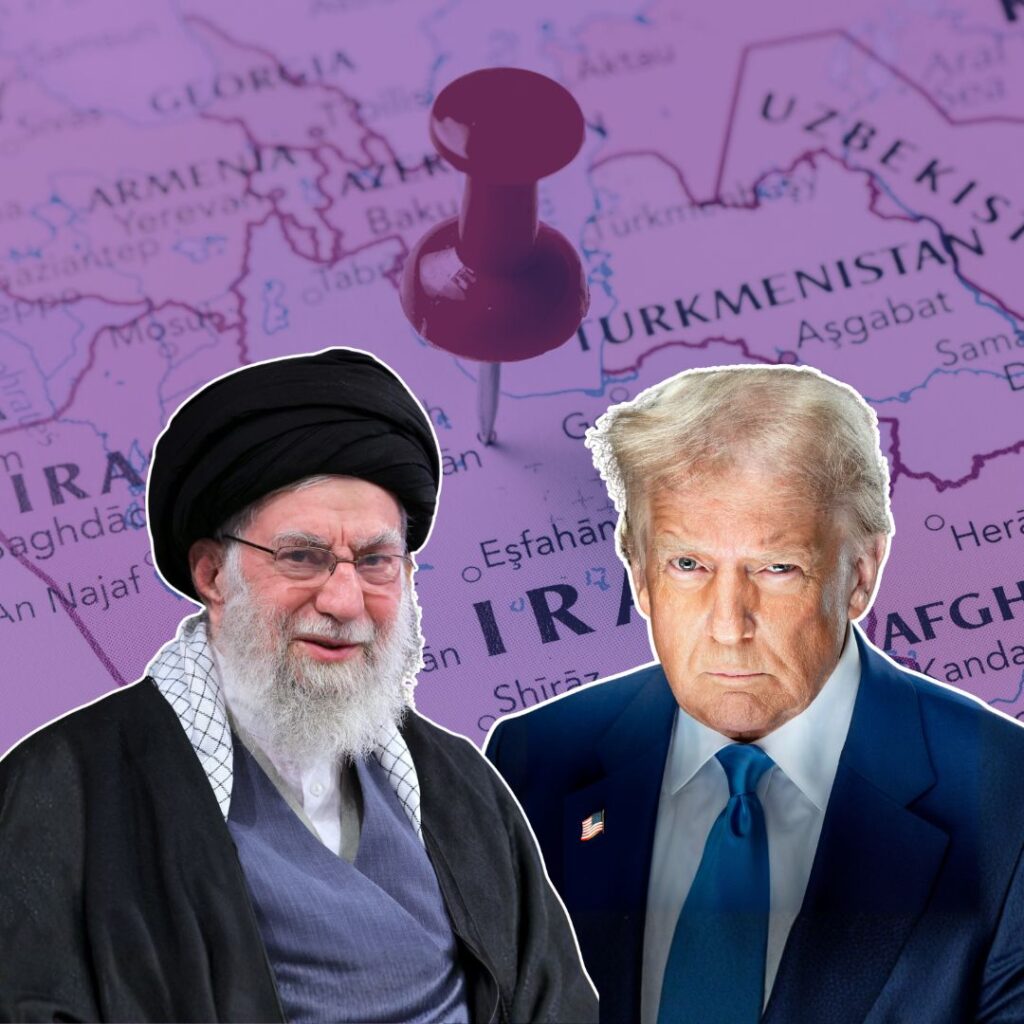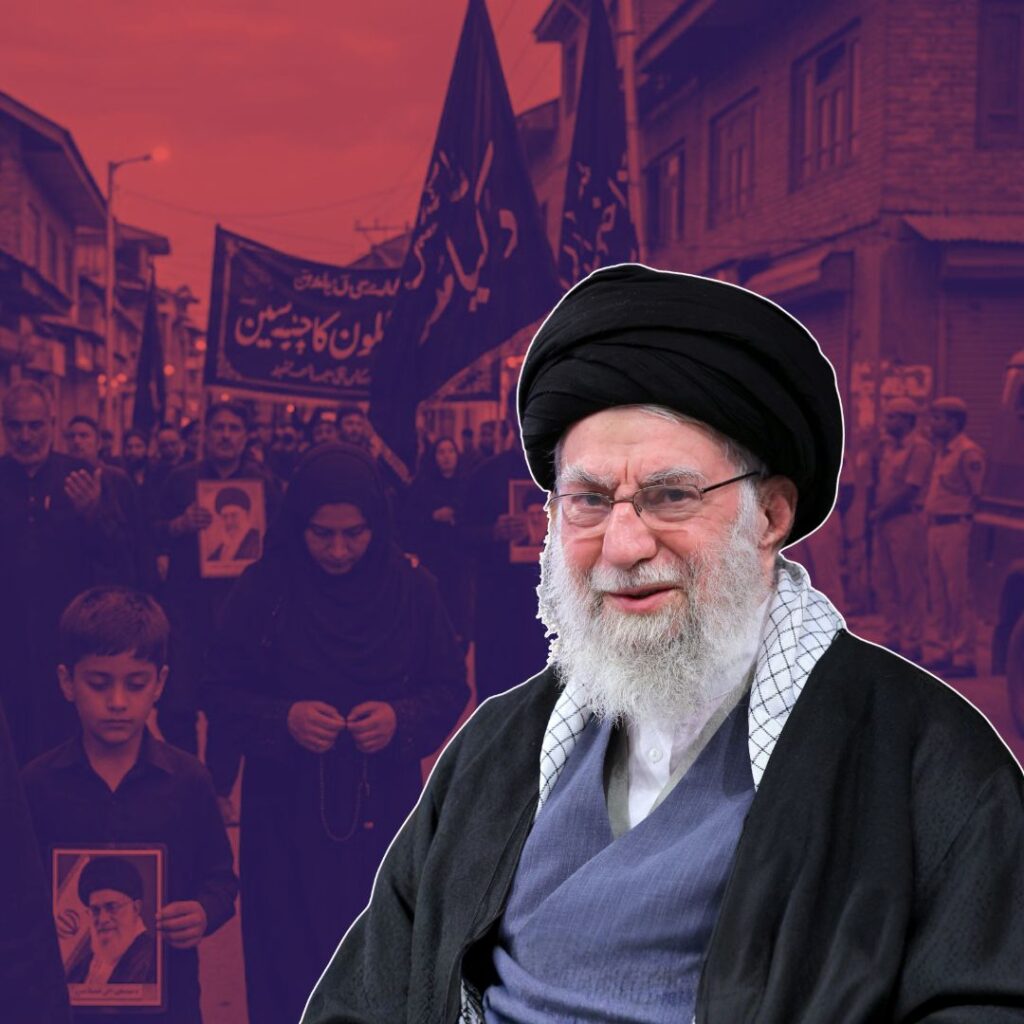On June 23, 2025, Iran launched a coordinated missile attack on the US Al Udeid Air Base in Qatar, the largest American military facility in the Middle East, housing between 8,000 and 10,000 US personnel. The attack was a direct retaliation for US airstrikes on three Iranian nuclear facilities two days earlier, ordered by President Donald Trump.
Iran’s missile strike, named “Operation Annunciation of Victory,” involved at least 14 ballistic missiles, most of which were intercepted by US and Qatari defence systems, resulting in no casualties or significant damage. Iran claimed it had provided advance warnings to Qatar and the US to avoid loss of life.
Qatar condemned the attack as a violation of its sovereignty, while the US described the strike as “weak” and announced a 24-hour ceasefire brokered by US-Qatari mediation between Iran and Israel. Despite the ceasefire, regional tensions remain fragile.
Missile Strike and Immediate Aftermath
The missile assault on Al Udeid Air Base marked a significant escalation in the ongoing conflict between the US and Iran. The Islamic Revolutionary Guard Corps (IRGC) claimed responsibility for the attack, emphasising that the missiles were deliberately targeted away from civilian areas to prevent casualties, and underscored that the strike was a measured response to the US air raids on Iranian nuclear sites.
The Al Udeid base serves as the headquarters of the US Central Command (CENTCOM) and is a critical hub for American military operations across the Middle East. Qatari authorities confirmed that they received advance intelligence about the missile launch, enabling them to evacuate personnel and activate air defence systems.
US and Qatari Patriot missile batteries successfully intercepted the majority of the incoming missiles, and no damage to infrastructure or personnel was reported. Eyewitnesses in Doha reported seeing flares and hearing explosions, but the swift response ensured public safety.
Qatar’s Foreign Ministry issued a strong condemnation of the attack, calling it a breach of Qatar’s sovereignty and international law, while reaffirming its commitment to regional security and cooperation with the US.
Background and Regional Context
The missile strike came just days after the US conducted airstrikes on three key Iranian nuclear facilities, which Washington described as necessary to prevent Iran from advancing its nuclear weapons capabilities. President Trump justified the strikes as a defensive measure, while Iran denounced them as acts of aggression and violations of its sovereignty.
The tit-for-tat missile exchange reflects the deepening hostilities between the two nations, with each side seeking to demonstrate strength without triggering full-scale war. The Iranian government’s decision to provide advance warnings to Qatar and the US suggests a calculated attempt to avoid civilian casualties and limit escalation.
Meanwhile, the international community has expressed concern over the rapid deterioration of security in the Gulf region. Qatar’s role as a mediator in brokering the ceasefire between Iran and Israel highlights its strategic diplomatic position. Russia and other global powers have called for restraint and dialogue, warning that continued military confrontations risk destabilising an already volatile region.
The Logical Indian’s Perspective
The recent missile exchange in the Middle East is yet another reminder of the fragile nature of peace in a region long plagued by conflict and mistrust. While the absence of casualties is a welcome relief, the escalation underscores the urgent need for all stakeholders to prioritise diplomacy, dialogue, and mutual respect over military posturing.
The Logical Indian advocates for peaceful coexistence, empathy, and constructive engagement as the only sustainable path forward. Military confrontations, even when controlled, risk spiralling into wider conflict with devastating humanitarian consequences. As global citizens, we must encourage our leaders to seek de-escalation and invest in dialogue that honours sovereignty and human dignity.











